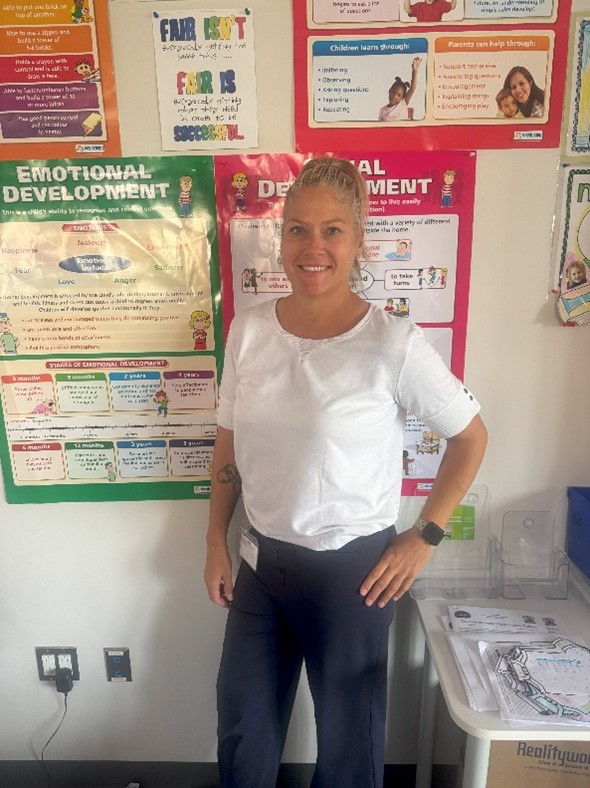A New Approach to Learning: Year-round Schooling
February 9, 2023
“Dear high school students, welcome back from winter break! Hope you enjoyed your time off and made the most of it. Now, however, it’s time to buckle up for the long, long ride from January to April…”
From Christmas to Easter break, students’ lives become defined by the exhausting, endless five-day weeks. As these kids make the tiring run—latching onto the single days off for Martin Luther King Day and Presidents Day—everyone is left to ponder: is this the best way to go about the school year?
The alternative route, taken by over 3,000 schools throughout the nation, removes the two-and-a-half-month summer, instead replaced by a year-round schedule with frequent, shorter breaks (Education Week). Logistically, this program follows either a 45-15, 60-20, or 90-30 schedule. For these outlines, the first number represents the days on, and the second displays the break. In contrary to common perception, year-round schooling still operates on a 180-day school year—just with distributed breaks.
Supporting this new method, many believe that year-round school can prevent burnouts and improve mental health. Rather than the philosophy of “work hard, party hard”, this adjusted schedule seeks to provide balance. Further, constant breaks present opportunities for students to pursue passion projects and funnel their creativity. For struggling kids, the time off brings chances to catch themselves up with the rest of their peers. The time off shows opportunities for interventions and maintenance of academics for both teachers and students. Most notably, attending school all-year averts the annual student habit of forgetting content in the summer. Many students find themselves having to relearn a course, whereas an altered schedule could limit this occurrence.
On the flip side, others argue that society has become dependent on the summer break. Numerous teen jobs depend on free summers—money needed to support expensive colleges. Further, tourism may be affected with no given period for summer vacations. Many kids may find themselves bored without substantial time off. For schools in the North, would time off in the harsh winter be worth it—losing time off in the hotter summer? At its central, most of America is not ready for such a transition, falling upon the principle “if it ain’t broke, don’t fix it”. In a society so used to a summer off, always yearning for the warm weather and sunny memories, what need is there to undergo such a drastic change?
With new, innovative approaches to schooling coming about, Americans must answer to themselves the following concepts: how important their summer is, how constant work affects their mental stability, and how their time could most efficiently be distributed. As students strap in for the cruel months of January, February, and March, take some time to truly assess the most effective school system.



























